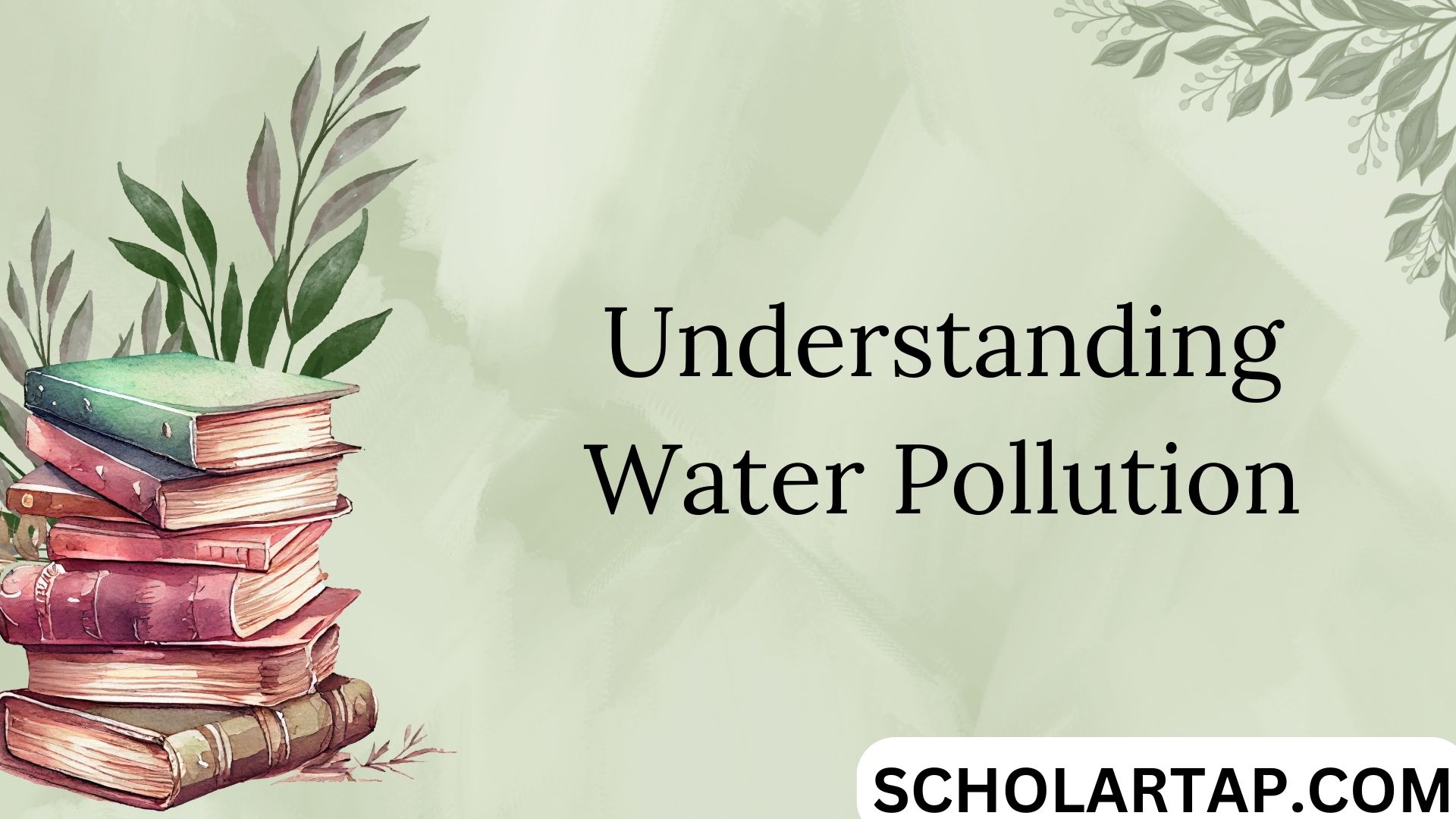
Water is one of the most vital resources on our planet, essential for the survival of all living organisms. However, increasing levels of water pollution have become you my dear a pressing global issue, threatening ecosystems, human health, and the sustainability of our water resources in his blog post delves into the causes, effects, and solutions to water pollution, highlighting the urgent need for awareness and action.
What is Water Pollution?
Water pollution refers to the contamination of water bodies—such as rivers, lakes, oceans, and groundwater—due to harmful substances or pollutants. These pollutants can originate from various sources, including industrial discharges, agricultural runoff, and domestic waste. When water is polluted, it loses its purity and becomes unsafe for consumption, recreation, and wildlife.
Causes of Water Pollution
Understanding the causes of water pollution is crucial for devising effective solutions. The primary contributors to water pollution include:
- Industrial Waste: Factories often discharge harmful chemicals and heavy metals into nearby water bodies without adequate treatment. This industrial runoff can lead to severe contamination and degradation of water quality.
- Agricultural Runoff: The use of fertilizers, pesticides, and herbicides in agriculture can lead to runoff during rainstorms. These chemicals can seep into rivers and lakes, causing nutrient pollution and harmful algal blooms.
- Household Waste: Domestic waste, including sewage and household cleaning products, often finds its way into water bodies through improper disposal. Untreated sewage can introduce pathogens and toxins into the water, posing health risks to communities.
- Plastic Pollution: Improper disposal of plastic waste contributes significantly to water pollution. Plastics can take hundreds of years to decompose, leading to the accumulation of microplastics in water bodies, which can harm aquatic life.
- Oil Spills: Accidental oil spills from ships and drilling operations can have devastating effects on marine ecosystems. Oil coats the surface of water, preventing sunlight from penetrating and disrupting the natural balance of aquatic habitats.
Effects of Water Pollution
The consequences of water pollution are far-reaching and can affect human health, wildlife, and the environment. Some of the notable effects include:
- Health Risks: Polluted water can lead to various health issues in humans, including gastrointestinal diseases, reproductive problems, and neurological disorders. Contaminated water sources are especially dangerous for vulnerable populations, such as children and the elderly.
- Ecosystem Damage: Water pollution disrupts aquatic ecosystems, leading to the decline of fish populations and other aquatic organisms. Contaminants can bioaccumulate in the food chain, impacting not just aquatic life but also the animals and humans that depend on these resources.
- Economic Impact: Water pollution can have significant economic consequences, particularly for communities that rely on fishing, tourism, and agriculture. Contaminated water bodies can lead to reduced fish stocks, impacting livelihoods and local economies.
- Loss of Biodiversity: Water pollution contributes to the loss of biodiversity as species struggle to survive in contaminated environments. This loss can disrupt ecological balance and lead to the extinction of vulnerable species.
Solutions to Water Pollution
Addressing water pollution requires a multifaceted approach involving individuals, communities, industries, and governments. Here are some effective solutions:
- Regulation and Enforcement: Governments must implement and enforce strict regulations on industrial discharges, agricultural practices, and waste management. This includes setting limits on the types and amounts of pollutants that can be released into water bodies.
- Wastewater Treatment: Investing in wastewater treatment facilities can significantly reduce the amount of untreated sewage and industrial waste entering water bodies. Advanced treatment technologies can help remove harmful pollutants before they reach rivers and lakes.
- Sustainable Agriculture: Promoting sustainable farming practices, such as organic farming and integrated pest management, can minimize agricultural runoff. Farmers can also adopt practices like buffer zones and cover cropping to protect waterways from contaminants.
- Public Awareness and Education: Raising public awareness about the importance of water conservation and pollution prevention is crucial. Educational campaigns can encourage individuals to reduce plastic use, properly dispose of hazardous materials, and conserve water.
- Community Initiatives: Local communities can organize clean-up drives, promote recycling, and advocate for better waste management practices. Grassroots movements can have a significant impact on reducing water pollution at the community level.
Conclusion
Water pollution is a critical issue that demands immediate attention and action. By understanding its causes and effects, we can work towards effective solutions to protect our water resources. It is essential for individuals, communities, and governments to collaborate in conserving clean water for future generations. Together, we can combat water pollution and safeguard the health of our planet.
Leave a Reply